CAMHS - Child and Adolescent Mental Health Services - is the name for the NHS services that assess and treat young people with emotional, behavioural or mental health difficulties.
Typically CAMHS support covers depression, problems with food and eating, self-harm, abuse, violence or anger, bipolar disorder, schizophrenia and anxiety, among other difficulties.
But most people would now agree there’s pressure on mental health services.
To be fair, this situation is not solely a consequence of cuts. CAMHS departments have been caught in a pincer movement.
Not only are there budget restraints, but there is also a rocketing number of referrals.
The latter point is down to much greater awareness and diagnosis - which is, of course, a good thing. But not when there’s. A lack of resources.
It’s now thought that as of November 2022, poor mental health among young people (aged 16 and 17) has increased by more than a quarter since 2017, according to new research by UCL and the Sutton Trust, using the COVID Social Mobility & Opportunities (COSMO) study.
This explores the mental health and wellbeing of a sample of almost 13,000 young people across England who were in Year 11 in 2021. Most of the cohort have recently begun Year 13.
The research finds that almost half (44%) of young people were above the threshold for ‘probable mental ill health’. This has increased from 35% in 2017 and 23% in 2007. The decline is likely accelerated by the pandemic.
In addition, those who identify as non-binary are more likely to report poor mental health than those who identify as male or female. The mental health support that young people reported receiving from state schools was not highly rated. Around half of pupils from comprehensive or grammar schools rated their school’s mental health support as ‘not very good’ or ‘not at all good’, compared to just under a quarter (23%) of those attending independent schools.
“The level of young people whose responses suggest concern with their mental health is shocking. And young people particularly badly affected by the events of the pandemic are among those with the highest levels of distress.”
Sir Peter Lampl, Founder and Chairman of the Sutton Trust and Chairman of the Education Endowment Foundation, said:
“Today’s highly disturbing findings show that almost one-half of young people (44%) are struggling with mental ill-health. Even allowing for some of the factors that we know are affecting young people – the rise of social media, social isolation and disruption caused by the pandemic – this is an enormously worrying increase on the 2007 figure of 23%.
Lucy Thorpe, Head of Policy at the Mental Health Foundation, said:
“Adolescence is a time of great change for all young people and this often brings increased vulnerability in relation to their mental health. For young people experiencing additional challenges such as family discord, bullying or identifying as gender non-binary, this vulnerability is significantly heightened, as this research powerfully illustrates”.
What challenges are we talking about?
For children and adolescents, traumatic experiences for a child might include:
- having a long-term illness
- moving home and/or changing school
- being bullied
- witnessing domestic violence
- being abused
- constant peer pressure to ‘fit in’
- parents separating or divorcing
- someone close to them dying
- body dysmorphia
- a general panic - “Who am I?”.
- exam stress (11-plus, GCSE and A level).
Primary school children
School can be a time when a child’s mental wellbeing comes to the fore. Children may be more likely to look to peers to confide in, as they get older, and parents are less likely to know what is going on in their child’s world.
Your child’s behaviour may be a signal that they are struggling to cope with a stressful change in their life – which could be anything from a new teacher, moving home, bullying, divorce or the death of a loved one.
Children can have many worries and anxieties which are normal and healthy. While these shouldn’t affect their mental wellbeing, it’s important to encourage them to come to you with their worries rather than bottling them up.
One example is the impact of news. The 24-hour news cycle, and the internet, means that children now regularly see scary and traumatic events which they can struggle to make sense of.
Teenagers
Teenagers usually have clear ideas about what pressures their generation faces and if these are affecting them personally.
This comes at a time when teenage brains are ‘rewiring’ for adulthood and this can mean they are more at risk of developing mental health problems. Many people coping with emotional distress in adulthood first experience this as a teenager.
There has been a rise in young people experiencing mental health issues in recent years, but there is no clear agreement as to why. Some reasons that have been suggested include:
- better diagnosis of mental health issues
- more pressures at school and in life
- the growth of social media and the internet
- increasing access to drugs.
Next steps?
If you’re a parent finding it challenging to see what’s happening to your children, I’m happy to chat.
I’m James Thomas, a Cognitive Behavioural Hypnotherapist.
I use hypnosis, amongst other techniques, to apply Cognitive Behavioural Therapy and hypnosis to help young people try and make sense of their thoughts and behaviours. To reach a state of greater calm, so things bother them less as they grow up. To recognise what’s happening to them and move on.
I have consulting rooms in Leeds, York, Lincoln and Louth.





